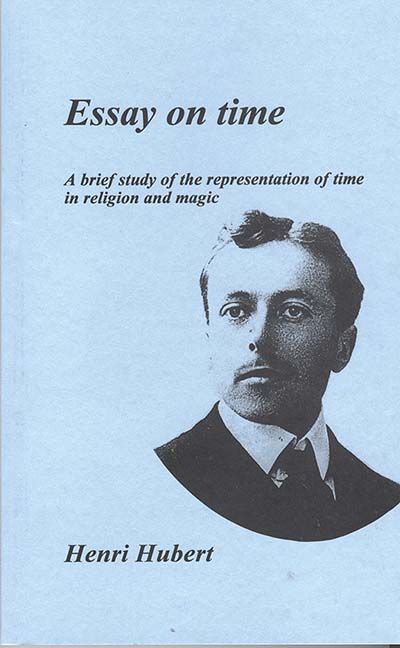
A volume in the Publications of the Durkheim Press series
Email Newsletters
Sign up for our email newsletters to get customized updates on new Berghahn publications.
The Manual of Ethnography
Marcel Mauss
Translated by Dominique Lussier
Edited and Introduced by N. J. Allen
Published in Association with Durkheim Press
224 pages, bibliog., index
ISBN 978-1-84545-321-3 $135.00/£104.00 / Hb / Published (November 2007)
ISBN 978-1-84545-682-5 $29.95/£23.95 / Pb / Published (September 2009)
Reviews
“In the wake of considerable recent biographical attention to Marcel Mauss in English-language publications, it is fitting that works by him still available only in French appear in translation. The Manual of Ethnography has been expertly translated by Dominique Lussier, and appropriately edited and introduced by N. J. Allen. This historically important document, … reflects the youthful moment of modern anthropology when the questions and subjects of this discipline came to depend on rigorous collection of material from field research… an important historical document in the context of Mauss's teaching of anthropology and in the originary hopes for ethnography. Highly recommended.” · George Marcus in Choice
Description
Marcel Mauss (1872-1950) was the leading social anthropologist in Paris between the world wars, and his Manuel d’ethnographie, dating from that period, is the longest of all his texts. Despite having had four editions in France, the Manuel has hitherto been unavailable in English. This contrasts with his essays, longer and shorter, many of which have long enjoyed the status of classics within anthropology. We are therefore pleased to present, in the English language for the first time, this extraordinary work that is based on the more than thirty lectures Mauss delivered each year under the title “Instructions in descriptive ethnography, intended for travelers, administrators and missionaries.” Despite his dates, Mauss’s treatment of fundamental questions, such as how to conceptualize and classify the range of social phenomena known to us from history and ethnography, has lost none of its freshness.
Marcel Mauss (1872-1950)




